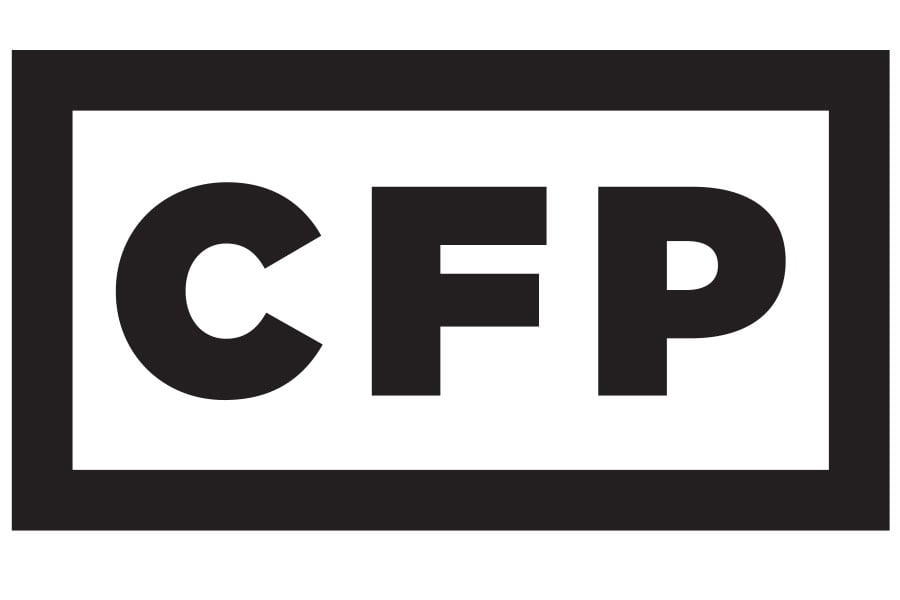As it states on its website, "the mission of the Certified Financial Planner Board of Standards Inc. is to benefit the public by granting the CFP certification and upholding it as the recognized standard of excellence for competent and ethical personal financial planning."
That's an ambitious goal, and over the years the CFP Board has worked diligently to educate the public about the value of using certified financial planners and to promote CFP holders as the premier providers of financial planning services.
Last year, the board began an
$11.7 million marketing campaign, stressing that CFPs offer personalized, holistic financial planning and act in their clients' best interests. The promotion is a continuation of the CFP Board's initial awareness campaign instituted in 2011. In all, the organization has spent more than $75 million on advertising in recent years to promote the designation.
The organization's rising profile has attracted attention, as evidenced by a
recent Wall Street Journal analysis of the CFP Board's consumer-oriented website. The Journal found that more than 6,300 of the 72,000 CFPs listed on the LetsMakeAPlan.org site had Finra regulatory disclosures that were not mentioned on the site.
In a story about its findings, the Journal said that the website does not show actions taken by the Securities and Exchange Commission, the Financial Industry Regulatory Authority Inc., the Department of Justice or state authorities against advisers who hold the CFP designation.
The
CFP Board acknowledged that the Journal "raises important issues, which we're addressing." It has updated LetsMakeAPlan.org and now suggests that additional information on a planner may be found on the Finra BrokerCheck and SEC Investment Adviser Public Disclosure websites.
In its response to the Journal's story and criticism that it is not doing enough to provide the public with a complete picture of a CFP holder's record, the CFP Board has made the justifiable argument that it is a standards-setting organization, not a regulator.
But it also acknowledged its shortcomings by changing its procedures to include a review of BrokerCheck or IAPD when CFPs renew their certification, and by
creating a task force headed by former Texas securities commissioner Denise Voigt Crawford to reform its enforcement practices.
While it should have paid more attention to CFP holders' disciplinary records in the past, the CFP Board should be commended for not digging in its heels in the face of criticism, and for taking corrective action.
Undoubtedly, the recent episode has taught the board an important lesson: If you are going to hold out those whom you oversee as the "standard of excellence," you'd better be prepared to be held to that standard yourself.
[
Recommended video:
Race is on to boost diversity of the advice business]







